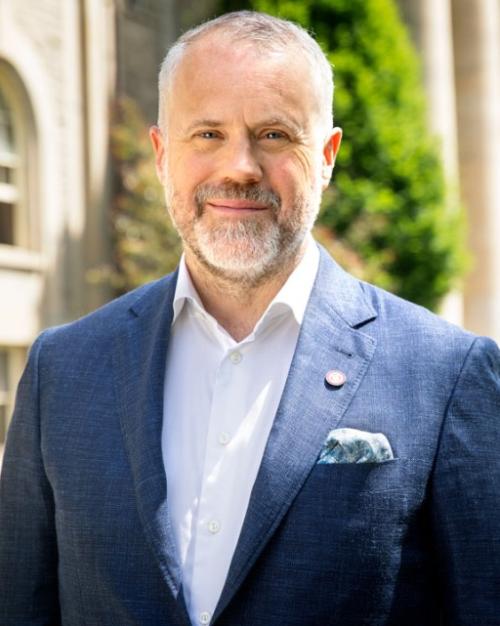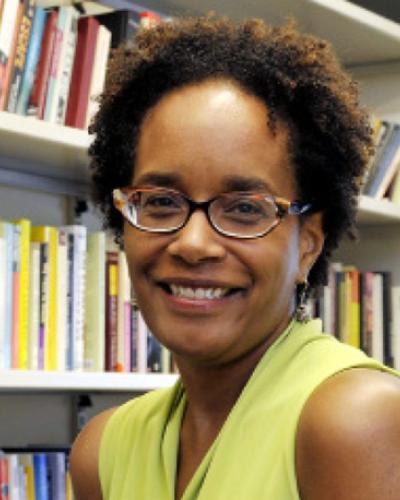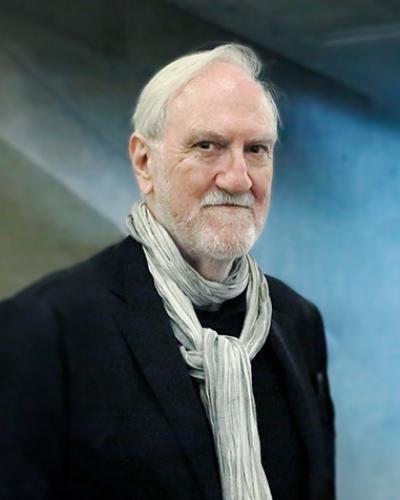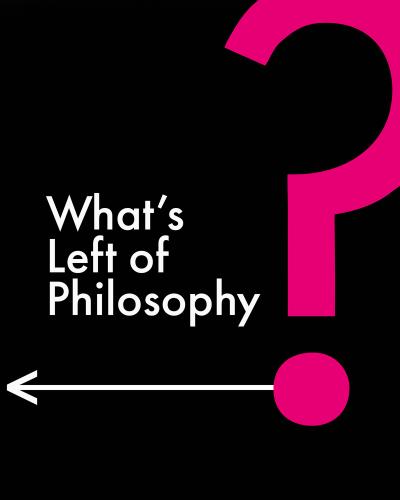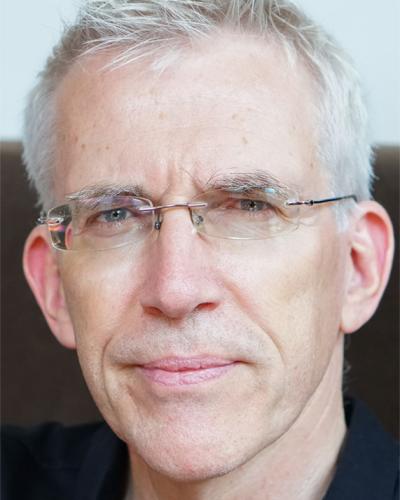From its inception, almost half a century ago, SCT has played an important role as an annual scholarly and intellectual platform on which the drama of the somewhat fruitless theory wars and the questionable virtue of vain polemics is resolutely sidestepped. Instead a climate of rigorous investigations and courteous debate of “themes out of school,” as Stanley Cavell once aptly called them, is both widely honored and consistently fostered. In the best tradition of critical and comparative studies across a wide variety of historical and literary fields as well as empirical, social and visual disciplines, the School invites thinkers who cherish the life of the mind, the force of the better argument, and the courage of imagination, while never forgetting the concrete political responsibilities that more abstract reflections (e.g., on metaphysical ideas or counterfactual concepts and “what ifs”) surely entail. Beyond the infatuation with identities and cultures, national literatures and cosmopolitanisms, humanisms and anti-humanisms, old and new historicisms and their opposing structuralisms, close or distant reading, mind or matter, beings and things, SCT seeks out forms of undogmatic inquiry into modes and moods of genuine thinking and practice that are both analytical and constructive, meditative and deeply engaged.
That such probing and deep as well as resolutely pragmatic engagement is nowadays called for is clear, not only within the confines of academia but on the streets and well beyond. It is no exaggeration to claim that, as critical theorists, subjects and citizens of shared and different life worlds, we find ourselves in a moment of profound societal, cultural and political transformation, in the United States and, indeed, globally.
***
Since early 2020, the Covid-19 pandemic has in its global scale brought forth an era of unparalleled uncertainty and economic precarity, and most importantly, an unfathomable loss of human life and a tide of immense and unspeakable grief. In the United States in particular, the pandemic has ravaged disproportionately Black, Indigenous, and Afro-Latina/o/x communities who have found themselves once more exposed and suffering in this especially hard-hit and ill-prepared country. The unsurprising and justified recent uprisings have brought growing awareness and made it shockingly clear that systemic racism, white violence and constant police brutality targeting especially Black communities and other minorities in this country, continue to reign with virtual impunity. The horrific killings of Ahmaud Arbery, Breonna Taylor, George Floyd, Tony McDade, Daniel Prude, David McAtee, Rayshard Brooks, Atatiana Jefferson, Eric Reason, Dominique Clayton, Stephon Clark, Botham Jean, Charleena Lyles, Philando Castillo, Alton Sterling, Charles Kinsey, Delrawn Small, Korryn Gaines, Freddie Gray, Sandra Bland, Samuel Dubose, Walter Scott, Janisha Fonville, Natasha McKenna, Bettie Jones, Tamar Rice, Michael Brown, Eric Garner, Aura Rosser, Michelle Cusseaux, Akai Gurley, Gabriella Nevarez, Tanisha Anderson, Ezell Ford, Akai Gurley, Kyam Livingston, Trayvon Martin, Reika Boyd—and tragically so many others—epitomize this undeniable, foundational fact and represent a massive outcry and unequivocal reminder that Black Lives Matter. The roots of racial discrimination and anti-Blackness and the mostly silent, sometimes blatant, but always complicit forms of white supremacy that enable this ongoing social injustice and violation of human rights and dignity run terrifyingly deep and, sadly, often extend much farther subliminally and institutionally than is given credence or public acknowledgement.
Historical, economic, and social discrimination and disparity, but also the prejudices of ingrained, that is, unquestioned and unchallenged ideas and modes of thinking, in addition to ways of acting or even unconscious affects or sensibilities, drive all of the above injustices and the nauseating lack of attentiveness and respect of which they testify. They have fatefully woven themselves into a suffocating web that ensnares individuals, groups, and whole communities, whose voices and outcry have been ignored at their (and all our) peril. Needless to say, this systemic web of repression needs both swift dismantling, urgent in the present moment, and patient disentangling in the much longer run as we, thinkers and writers, teachers and students, activists and, often, bystanders use our analytical and imaginative skills to address and redress needless suffering and inequity.
“Theory and criticism,” to recall our yearly summer school’s explicit mission, may not be what comes to mind first as what is demanded most, at this pivotal juncture of time. It is the call for direct and decisive action, and for unreserved, if humbled, solidarity, hand in hand with boundless love and compassion, that counts at moments of grief, rage, and the revolution of hearts and souls that may yet come of it and restore some hope again.
We at SCT commit ourselves to these long overdue righteous causes to the best of our abilities and, wherever possible and called for, stand in solidarity with nation- or worldwide protests, inspired by the movement of young and old generations that continue to courageously teach us that we must support our felt sympathies with our actions, voices and votes. Only in so doing, will we all end up changing the world by transforming and revolutionizing the very places, so often of privilege, we ourselves hold in it as well.
***
At SCT, we are privileged to continue a venerable tradition of serving as “a forum for the work of leading critical theorists and scholars in a wide variety of humanistic and interpretive social-science disciplines,” as the school’s original mission statement put it. Yet, as argued, in recent years, we have done so in the increasing and, perhaps, now even full realization that “the times” are “a-changin,’” as Bob Dylan’s famous lyrics once mused. Concretely, this means that as academics, faculty, students, and staff, we must more and more aim and succeed in reconciling or, rather, negotiating two fundamentally opposing experiences and imperatives.
On the one hand, as we recall each summer, the beautiful campus of Cornell university, surrounded by sublime gorges, offers us a “theory camp” in the best of settings: a “magic mountain,” albeit it without the snow, where we modulate the contrast—and tension—between the peaceful discussion of (and in) “high-minded,” sophisticated critical terms for debate with our real life concerns in the world “below,” down-to-earth, beyond the campus and extending well beyond the summer school when we all leave these Olympic heights. In his compelling lecture, inspired by the unique and strange wisdom of the topography of the Cornell campus where it was first delivered, the late Jacques Derrida spoke of the emphatic, if paradoxical, idea of “the university in the eyes of its pupils” (relating that last notion also to the Aristotelian discussion, in De anima, of the pupil of the eye and its diaphragm, with its alternation and contrast of opening and closing, without which nothing could ever be properly seen or, for that matter, read). Forced to cross the abysses of the Cornell campus’s surrounding gorges each day as we ascend to its halls of learning, before descending back again into town at the end of the day, reminds us, all by itself, of the proper measure or balancing between reflective, if not contemplative and disinterested, disengagement and then, again, the need for practical engagement, and this by way of addressing forms of “non-ideal theory” as well.
Yet, on the other hand, subtle and necessary as that abstract and formal analysis is, we must entertain such thoughts in the necessary and painful realization that university campuses are not merely idyllic safe zones, away from our investment in the world, or, at the very least, that the sites that they have come to occupy and exploit in increasingly entrepreneurial ways, as part of a long colonial history and more and more market-driven project, are always occupied spaces from which indigenous peoples and their cultures were, at one time, violently expelled. In the case of Cornell, we are welcomed each year to a mesmerizing location that was the traditional homeland of the Cayuga Nation, one of the six tribes of a wider (Haudenosaunee or Iroquois) Confederacy in the Finger Lakes Region, which was removed with force from their lands as of part of the 1779 Sullivan-Clinton military expedition during which their villages and way of life were utterly destroyed. To acknowledge as much (and Cornell University, following the United Nations’ declaration of 2019 as the “International Year of Indigenous Languages,” launched a class on the Cayuga nation’s language and cultural systems, its ceremonial calendar, and its ecological knowledge) begins to probe the deep-seated roots and legacy of ongoing practices of white domination.
This, then, remains the double—grounding and uplifting but also tragic and sobering—foil against which, during our summer sessions, we pursue and cherish invaluable experiences of intellectual exchange, personal growth, the forging of spiritual companionship, and often much more. Celebrating the life of the mind, that is, of relentless and undogmatic inquiry, while keeping the aforementioned haunting historical facts, our no less disturbing present, and, indeed, from here on, our own further responsibility and necessary future involvement in addressing—and, one hopes, justly redressing—them firmly in view.
-Hent de Vries
Hent de Vries is the Director of the School of Criticism and Theory at Cornell University, and is the Paulette Goddard Professor of the Humanities and Professor of Religious Studies, German, Comparative Literature, and Affiliated Professor of Philosophy, at New York University

